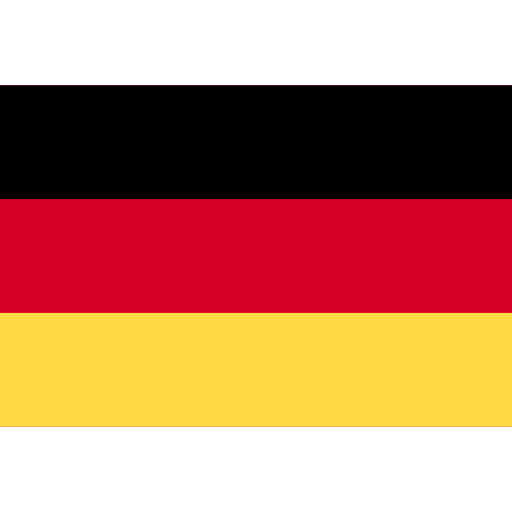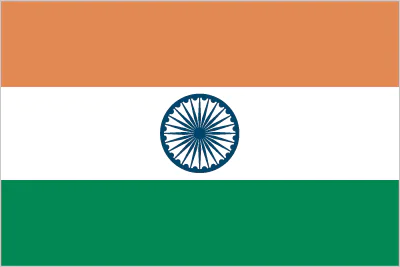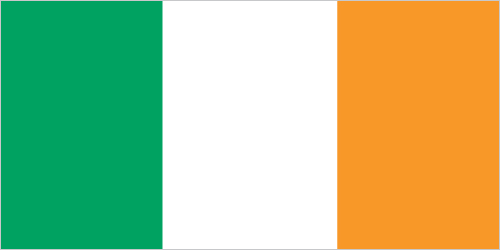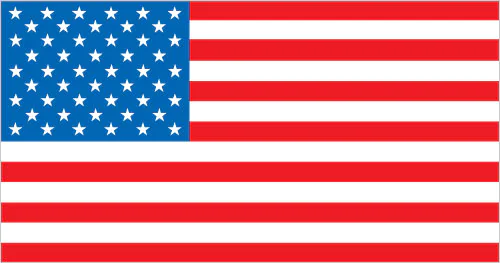TFG heard the latest updates in trade credit insurance and political risk appetite from the bank perspective. The role of credit insurance in structured commodity finance continues to change as a result of geopolitical uncertainty and trade wars. Michael Rolfe, Head of Commodity Finance at Bank Leumi spoke to TFG’s Deepesh Patel at ExCred Commodities London.
Featuring: Michael Rolfe, Head of Commodity Finance at Bank Leumi
Host: Deepesh Patel, Editor, Trade Finance Global
A Day in the Life of a Commodity Financier
DP: What are the broad trends in commodity financing?
MR: There are many events going on in commodity finance, but probably the most important that we tend to see at the moment is the global trade war. China is the home of many commodities, and with the tensions that are caused by Mr Trump in America, certainly creates a level of volatility in commodity prices.
Most recently, we’ve seen the recent situation in Saudi Arabia, you can see the spike in the energy price, which immediately gets everyone excited in the commodity markets.
DP: Are you seeing any particular demands from any regions or sectors in particular? What’s driving this?
MR: Bank Leumi is a relatively small bank in terms of the UK, our focus is very much on the small to the mid-sized trader, so our trends are probably different to the larger banks that are active in this business.
We are seeing the typical trade flows within base metal concentrates, very much within the trade flow from South America into China, and because the bank’s activity is centred around that sort of business, we see a lot of activity centred around Asia.
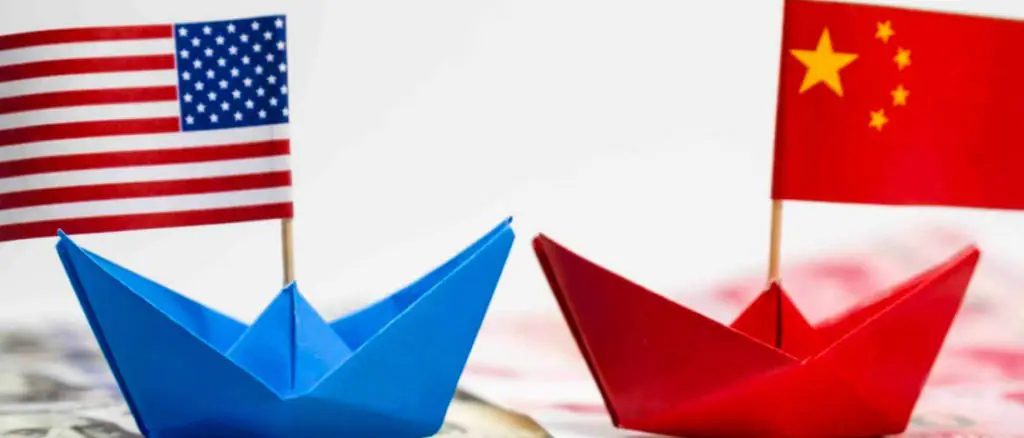
DP: What’s the impact of trade wars and geopolitics on trade flows?
You’ve certainly seen it with the Chinese – who have introduced non-financial barriers to trade, for instance, we have seen the tariffs treatment change on certain metals, resulting in metal concentrate prices suddenly spiking upwards, which is essentially the Chinese are trying to reduce the amount of concentrate they’re taking into the country, which does cause some issues in the trading market.
Credit Insurance and Commodity Finance
DP: Has the use of insurance changed when structuring commodity finance deals?
We tend to see three types of insurance that are in action in commodity finance.
The first type, which we see quite regularly, is credit insurance, which is taken out by our clients and insures their receivables. It’s important, but some underwriters or companies can be sensitive to the way that insurance is used, and we tend to look at this as more of a secondary type of security.
Insurance does save a bank having to do a full credit proposal on a counterpart that the client is selling to.
The other type of insurance is in the political risk, or non-payment / contract arena. As an example, you may be pre-paying a miner or a junior mine in Canada, or in the DLC, and you’ll have an insurance wrap that protects that the trader and the bank should the delivery of the material not be made. And we see both of those types of insurance used quite regularly.
The third type of insurance that we sometimes see is driven by a bank, and it’s more of a distribution channel for risk in terms of wanting to reduce its exposure on a particular market or client.
As such, and you see some insurance providers that are out there that are willing to take that type of risk.
DP: What’s in stock for commodity finance for the next 6 months?
We’ve not been developing the book so quickly as we would like, and we do see some new trading names out there. People split off from the big traders and set up their own shops and we are looking at some of those companies and hope to bring some new names into our portfolio in the coming 6 to 12 months
In terms of the commodity business itself, prices remain quite volatile. Energy has spiked, but this could be very temporary, it could come back down. Everyone seems to be a little bit on the bearish side with metal prices, so it’s a bit difficult to predict.

This podcast was in partnership with the Excred Commodity conference series.




